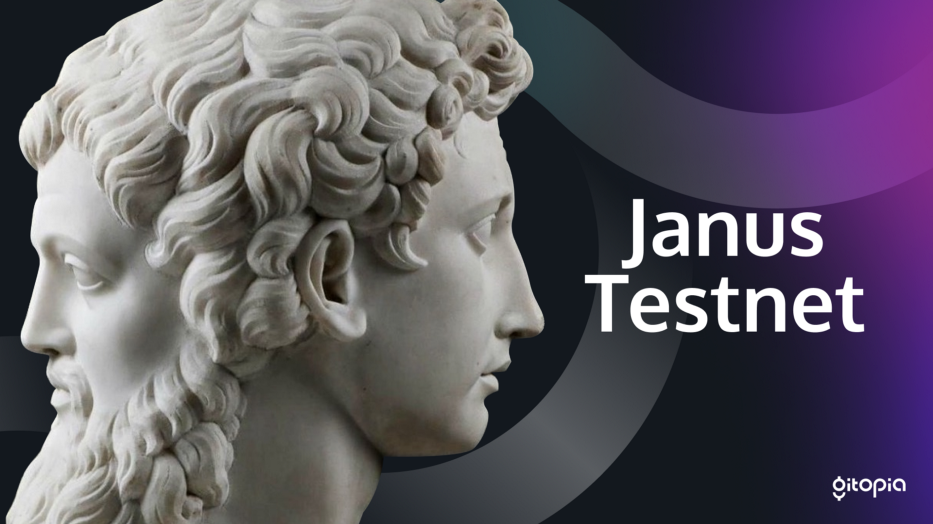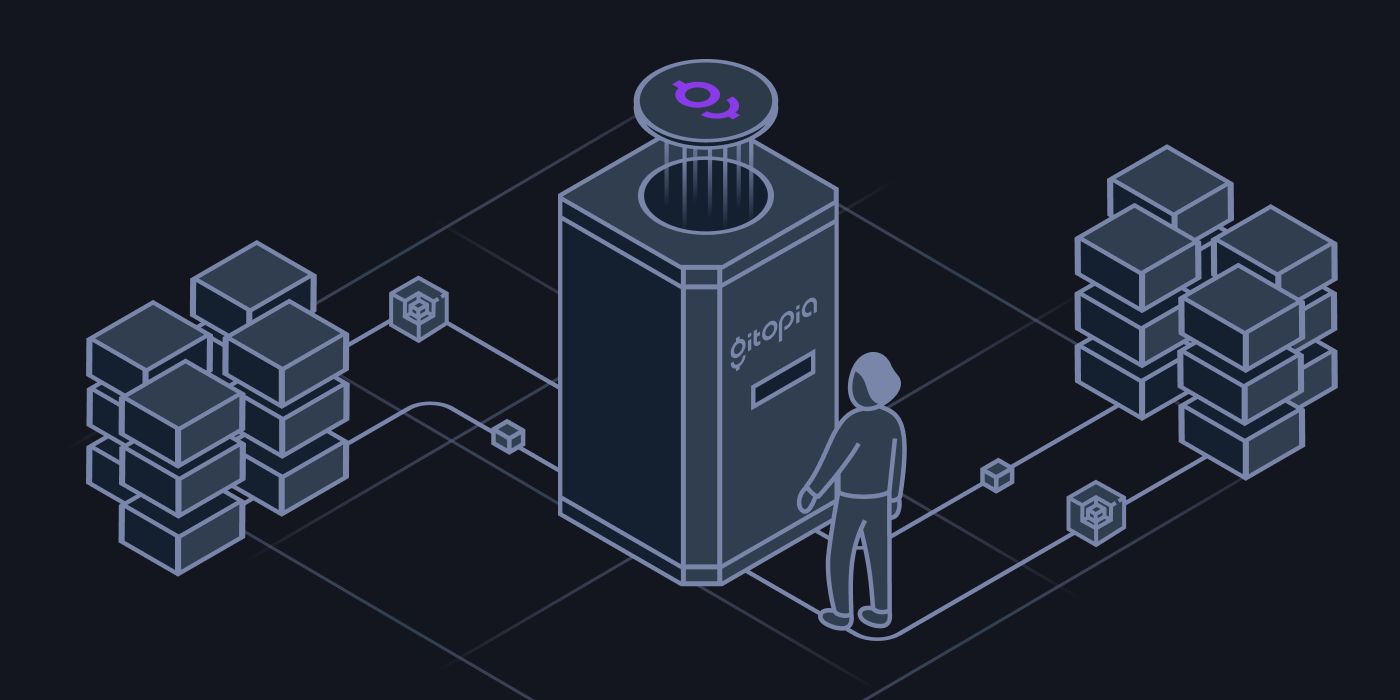
The Game Of $LORE
The Game of $LORE is an incentivization mechanism that rewards participants with points based on their contributions. These points will determine the number of LORE tokens to be rewarded to the participant at the Mainnet.

Introducing Gitopia Janus Testnet
Last September, we launched the first iteration of Gitopia's Testnet, giving users a sneak peek into **Gitopia — a decentralized code collaboration platform for Web3**. The response has been overwhelmingly positive, and we'd like to thank everyone for their feedback!

Demystifying Gitopia Ecosystem
Gitopia is the next-generation Decentralized Code Collaboration Platform fueled by a decentralized network and interactive token economy. It is designed to optimize the software development process through collaboration, transparency, and open source incentivization.

Demystifying Gitopia Ecosystem: Community
A community is a group of individuals that unite around a common passion and relentless focus to improve outcomes for a particular population. Members of a working community commit to sharing data, experience, and skills to design, develop and implement improvements inside and outside the environments they work in.

Demystifying Gitopia Ecosystem: Ecosystem Partners
Ecosystem partners are a value-adding network of partners and collaborative organizations who can give an important competitive advantage. Gitopia, in its run, will be onboarding many ecosystem partners to its ecosystem to provide its users with high-value services and capabilities through technology integrations that offer complementary value around the Gitopia platform.

Demystifying Gitopia Ecosystem: Educators and Researchers
The various features of Gitopia like Decentralized Governance, Censorship Resistance, and Permanent Storage for repositories make it the best place for educators and researchers to collaborate with others in their field worldwide. They don’t have to worry about an external entity controlling who they can collaborate with or what they can share on the platform.